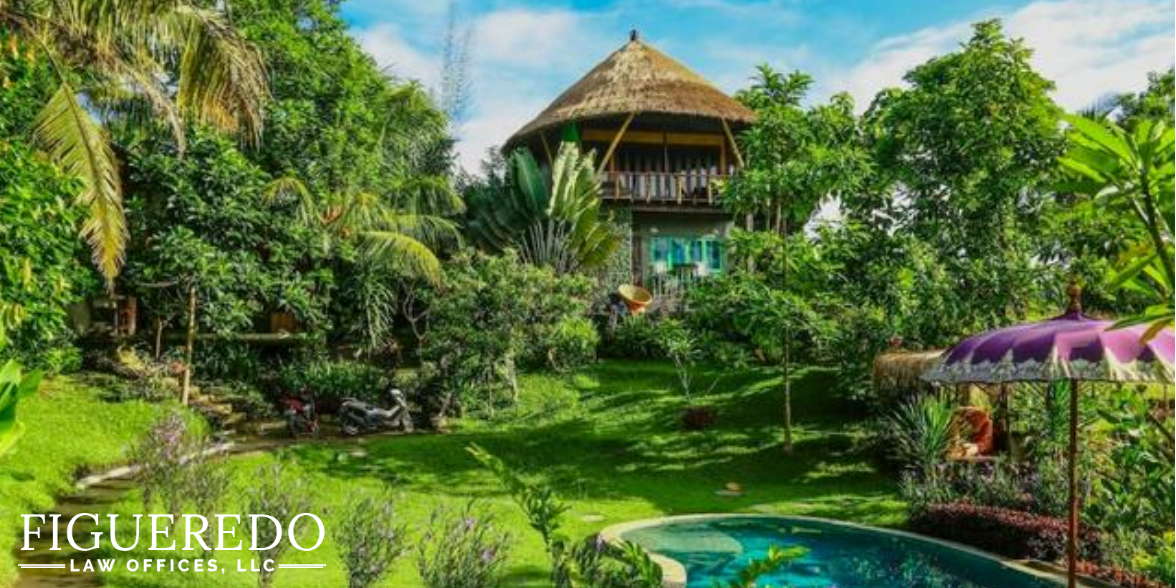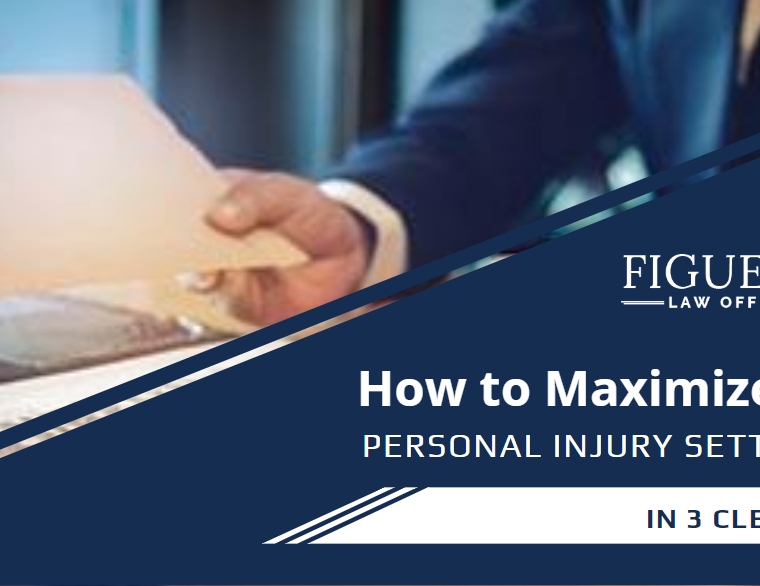Imagine you are on a trip to Bali. Being tech-savvy and cost-conscious, you snag a great deal for lodging on Airbnb. You confirm the booking and arrive on the scheduled day. As you reach the top of the stairs to your elegant rental property loaded with luggage, the stairs give way and you fall 20 feet to the ground, suffering a fractured pelvis and two herniated discs in your back.
You are looking to be compensated for injuries suffered because of the defective stairs. No problem, you say. You booked the rental through Airbnb. It is a huge company. According to CNBC, last year Airbnb was raising cash at a $30 billion valuation, making it second only to Uber as the most valuable start-up in the US. Surely, you are covered for your injuries.
Maybe not! The “sharing economy” has created convenience and cost savings unimaginable a few years ago, but in our rush to avail ourselves of those benefits we may lose sight of their potential costs. This is because the law never moves as fast as the Internet economy, and that creates gaps that may put our legal rights in danger.
Determining responsibility in the US for injuries that happen in overnight lodging used to be relatively simple. While laws vary among the states, guests at hotels can generally rely on the fact that the hotel has a legal “duty” (this is a technical term) to keep its guests safe. A guest would expect compensation for legitimate injuries resulting from a defective condition in the hotel. You cannot be sure the same is available when you rent from Airbnb, though.
Airbnb may not have to pay for your injuries
If you are injured at a property rented through Airbnb, it may first insist it has no duty to you because, unlike a hotel, it does not own property where you were injured. Airbnb will claim it is just a booking service. Some courts agree. One federal judge in Louisiana compared Airbnb to a real estate agent who merely “works to connect parties to a transaction and often facilitates payment.” The same judge also compared Airbnb to a travel agent that matches travelers with hotels. Because travel agents have no ownership or control over the hotels where they book their clients, they have no duty to safeguard guests. Airbnb can be protected from responsibility in some courts under the same theory that it has no ownership or control of the properties it books for guests.
The property owner may not have insurance
Who is responsible for your injuries if it isn’t Airbnb? Primarily, it will be the owner of the premises from whom you rented. The owner of the property listed on Airbnb (the host) will hopefully have homeowners insurance, but the fact is that Airbnb does not require its hosts to be insured. Reviewing Airbnb’s website, the Basic Requirements for hosts do not make it mandatory that they carry premises liability insurance. The most it says on the issue is to encourage hosts to “[r]eview your renters or homeowners policy with your insurance carrier to make sure you have adequate coverage.”
It is important to realize that you cannot count on your host having insurance to cover your injuries just by booking with Airbnb.
Even if the property owner has homeowners insurance your injuries may not be covered
The host may have a homeowners policy on the property you are renting, but even that does not guarantee you are covered, because many homeowners insurance policies will not provide coverage if the property is used for “commercial purposes.” Renting a property for profit will almost always be considered a commercial purpose. To be sure, policy language differs from state to state and company to company. According to the New York Times, some Allstate Insurance Company policies allow owners to rent their property one to two weeks per year without jeopardizing their coverage, and Chubb offers homeowners coverage as long as the owners do not make over $15,000 per year in rental income. However, you are not assured the host has homeowners insurance that will actually pay when you rent the property. And you are certainly not assured that the host has been honest with his or her insurance company about how the property is being used.
Know before you go
Some cities have been imposing their own requirements. For example, San Francisco has passed an ordinance that requires Airbnb hosts to carry a minimum of $500,000 in premises liability coverage. Probably in recognition of the problem, Airbnb has started to offer to its hosts what it calls Host Protection Insurance (HPI) which will provide up to $1 million for injuries sustained at Airbnb listings and properties for guests during a stay. The problem with HPI is that it is not required that hosts take out HPI. It is optional. And, like all insurance policies, there are loopholes, and the insurance company may not have to pay if the law does not impose liability on the host.
Before you rent from Airbnb, you should ask the host:
- Do you have a homeowners policy or premises liability policy?
- Does your policy cover injuries when the property is rented to visitors?
- Do you have Airbnb’s Host Protection Insurance?
A “No” to any of those questions should make you seriously consider renting a property elsewhere. Injuries at rental properties frequently occur. The peculiarities of renting in the sharing economy present traps for the unwary and could leave you with no compensation for your injuries.
Article from: https://shunnarah.com/the-unknown-dangers-of-renting-through-airbnb.htm




